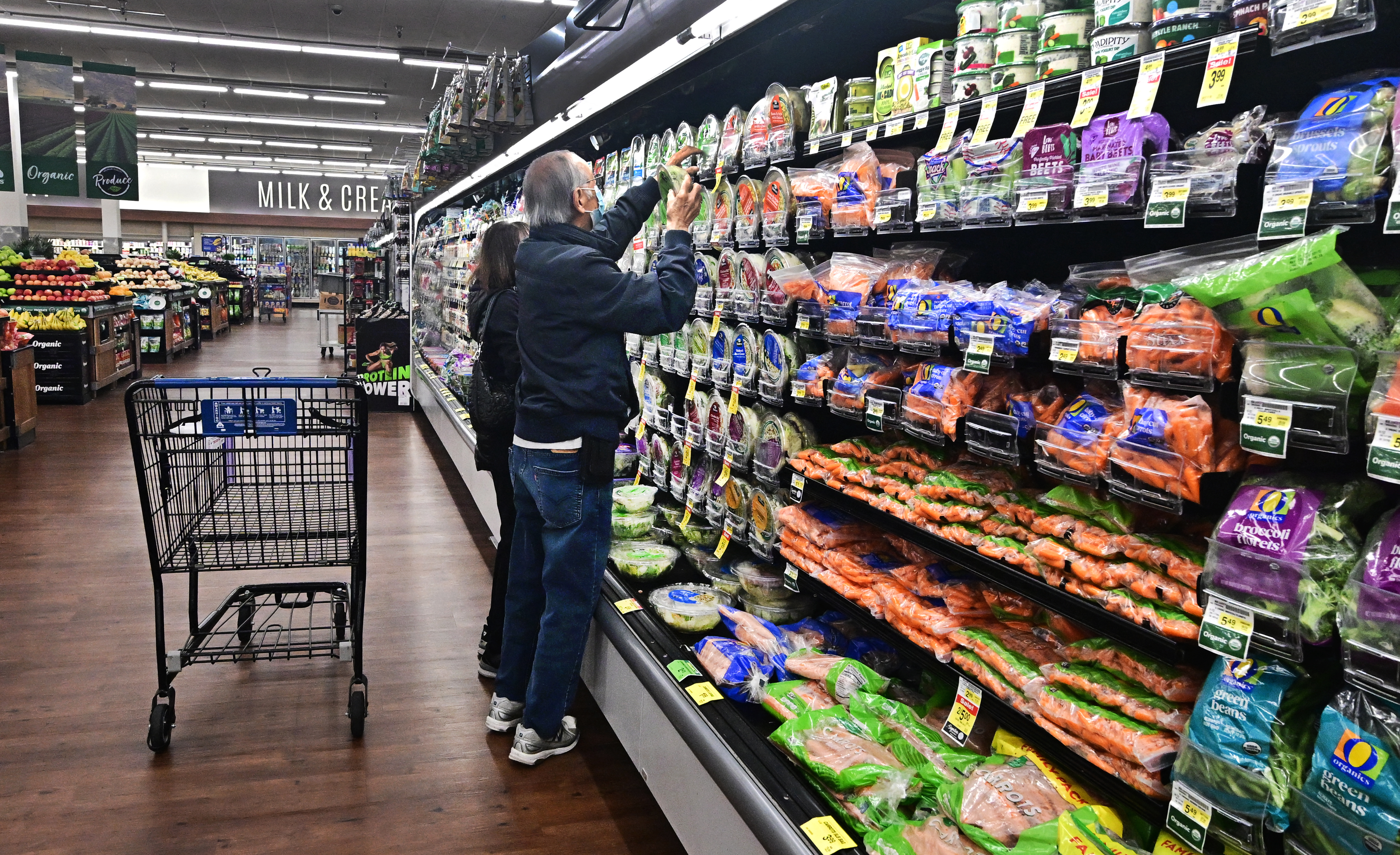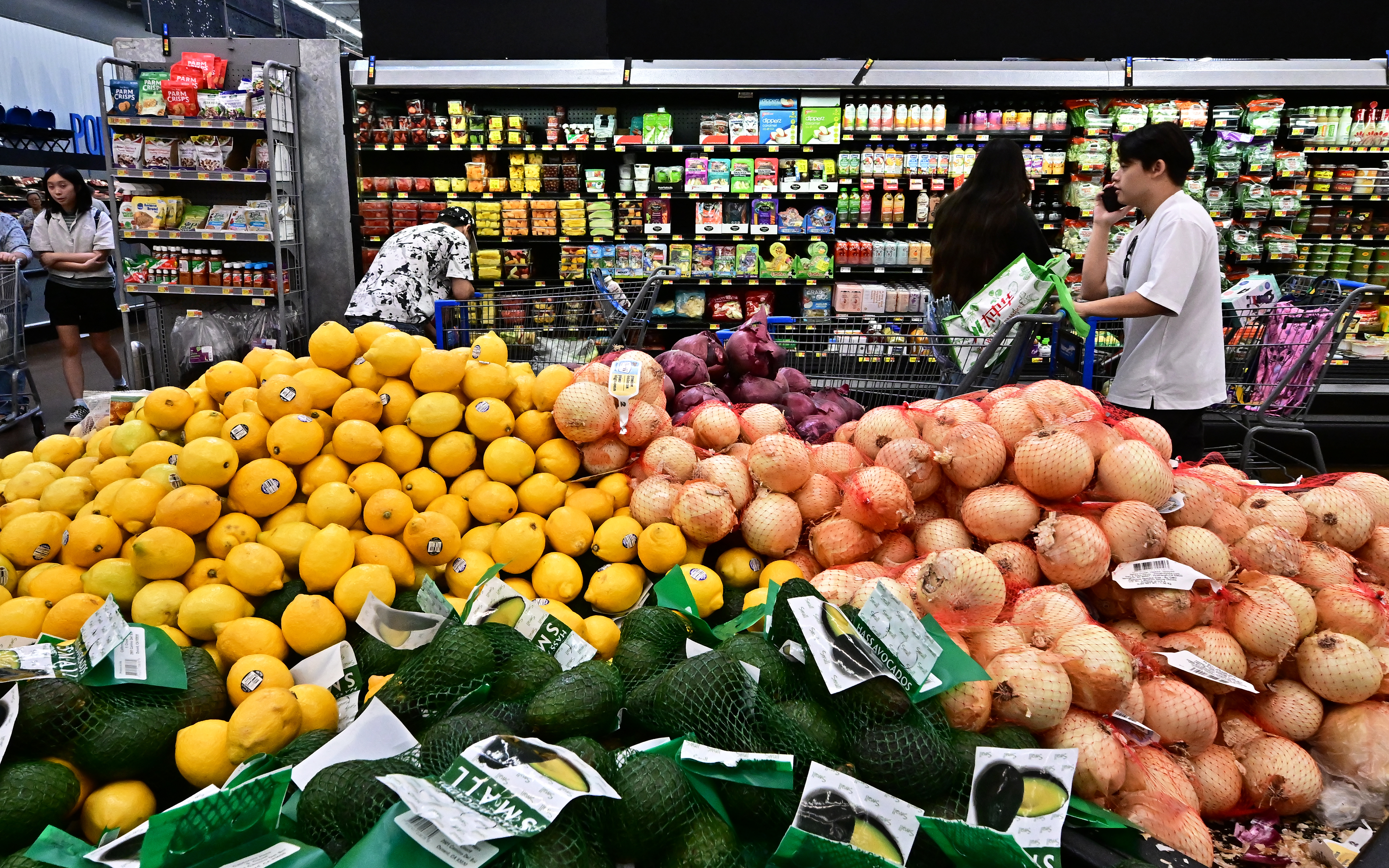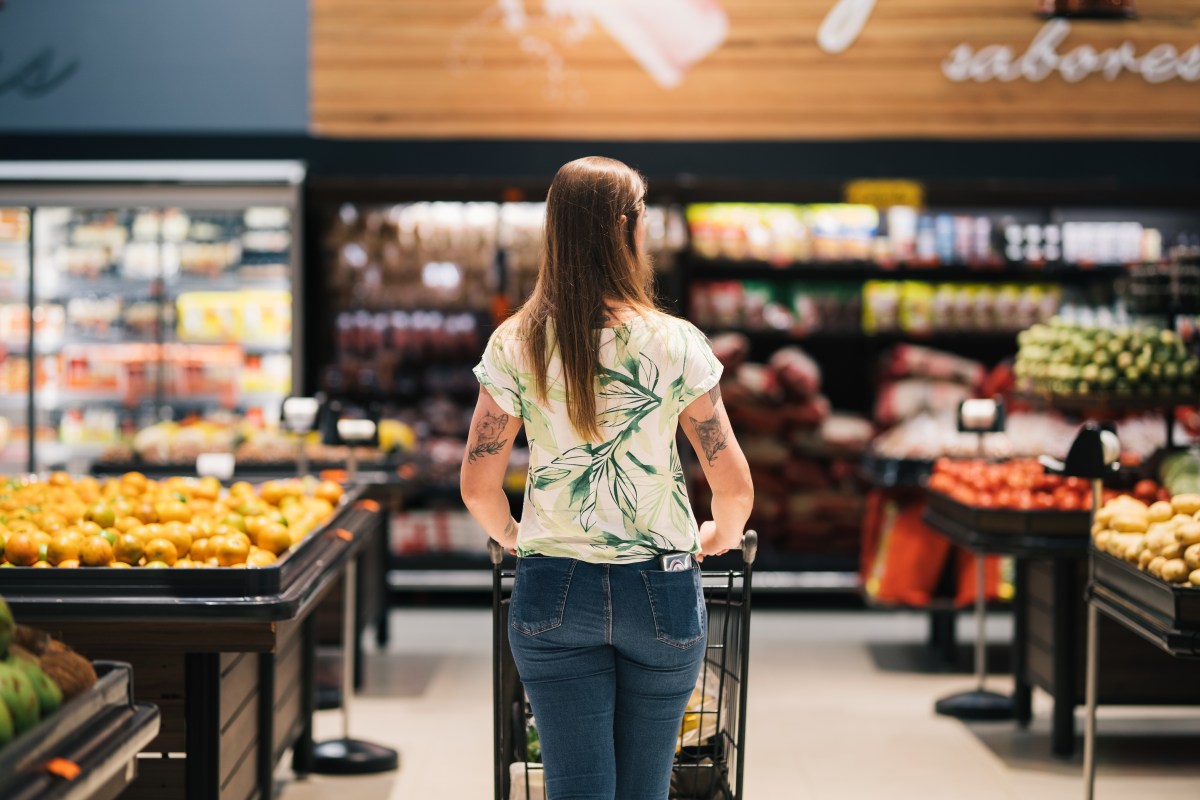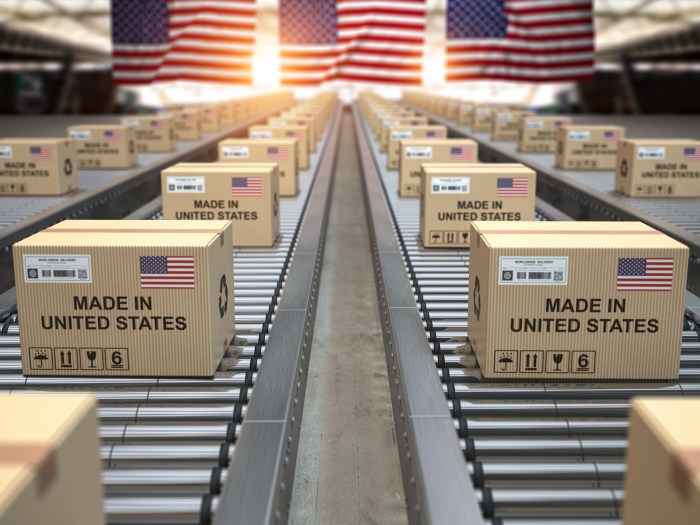Back in late August, around 25 people posed briefly, before cutting a red ribbon for a new supermarekt in Oakdale. It was a small moment, but it was also part of a massive retail trend in the region. They were celebrating the opening of the first supermarket under The Fresh Grocer banner on Long Island.
That ritual was part of a surge in supermarket openings, following some closings, on Long Island. While brick-and-mortar retail reels under the pressure from Amazon and the Internet, supermarkets are opening, snapping up vacant spaces, and filling orders online and off the shelves.
This Fresh Grocer 26,000-square-foot store, small by supermarket standards, is part of an increasingly diverse battle of the brands for Long Islanders’ grocery dollars.
For many Long Islanders, the “supermarket” has long been a generic word, in the sense that they simply shopped at the closest store. There may have been choice on the shelves, but there wasn’t much choice when it came to stores. Not anymore.
Those days are long gone as supermarket operators, sometimes with U.S. arms for companies based abroad, open stores on Long Island with different strategies and sizes, turning the region into an intense, interntional battle ground.
Two Germany-ased companies Aldi and Lidl have been opening at a gangbusters rate. And a dizzying array of brands with different ethnic focuses are opening.
Lidl rapidly ramped up to well over 20 Long Island stores, incuding nearly half a dozen Best Market stores.
Aldi, which already has nearly 2,400 stores in the United States, plans to invest more than $9 billion to add 800 new U.S. stores by the end of 2028.
Since entering Long Island in 2011 in Bay Shore, it has ramped up to more than a dozen stores with plans to open more by fall 2025. “Aldi is one of America’s fastest growing grocery retailers,” according to the retailer.
Amazon may be killing off some retailers, but it’s competing among brick-and-mortar here.
Austin, Texas-based Whole Foods Market, on top of stores in Jericho, Garden City, Massapequa Park, Manhasset, Commack and Lake Grove, opened a nerly 44,000-square foot store on Walt Whitman Road, in Huntington Station, in July.
And the 530-store chain plans to open another store at The Shops at SunVet in Holbrook amid a virtual grocery gold rush on Long Island.
Uncle Giussepe’s also is expanding to more than a dozen stores, mostly on Long Island, with plans to open in a former Stop & Shop in Greenvale. And Gala Fresh Farms, owned by the Aurora Grocery Group, is opening in Centereach and Shirely.
Meanwhile, Wegman’s is hiring to open is first Long Island store, a 100,000-square-foot location in DSW Plaza, in Lake Grove next year.

This doesn’t mean that grocery stores are “only” growing. Ahold Delhaize USA announced plans to close 32 Stop & Shop stores, including four on Long Island, creating openings. But the sector, overall, is going strong, possibly as people shop and eat at home, amid higher restaurant prices.
Real estate as well as retail trends are driving this supermarket surge, as big box retailers sometimes close, leaving big gaps. Shoppers will want to buy groceries local, turning supermarkets into a landlord’s and residents’ best friend when big boxes are often closing.
And even if this might seem like a battle of giants, family-owned businesses are part of this food fight.
The Fresh Grocer store, for instance, is owned and operated by K. Thompson Foods, a family that runs ShopRite stores in Deer Park, Uniondale and Riverhead, NY.
It’s a brand launched by the retailer-owned cooperative Wakefern Food Crop., the Keasbey, NJ-based company behind Shop Rite.
“This new store continues to showcase our commitment to offer incredible value, quality and service, along with the convenience of a smaller format grocery store,” Ken Thompson Jr., chief operating officer of K. Thompson Foods, said.
Even as many stores shrink, many supermarkets seem to be growing, adapting and tapping high tech and high tech. And they seem to love Long Island or be lured to it.
Wegman’s, for instance, operates more than 110 stores across the Northeast and Mid-Atlantic, employing 53,000, with $11.2 billion annual sales as of 2021. It will reportedly employ more than 500 at the Lake Grove location.
While supermarket salaries aren’t huge, a problem in a high-cost region, Wegmans, for instance, says it offers extensive benefits, including premium pay on Sundays and holidays, tuition assistance and flexible scheduling. Plus it does food donations and sponsors community events.
Whole Foods, meanwhile, has partnered with Helping Hands Rescue Mission, Long Island Harvest and Island Harvest and donated a van and product to We All We Got Inc.’s nourishing our neighborhoods program.
Private label also is becoming increasingly common on the Long Island supermarket landscape, as retailers become the brand rather than just selling the brand.
The Fresh Grocer, for instance, sells in-store brands Bowl & Basket, Wholesome Pantry and Paperbird all also found in ShopRite. Online shopping services are available on TheFreshGrocer.com, or on TheFreshGrocer mobile app.
What lies in store? More supermarkets means more compeition, as well as big new tenants that can help landlord and municipalities hungry for tenants and options.
“Wegmans is a first-class asset and will be an incredible addition to Lake Grove and the surrounding communities,” Sam Shalem, Chairman and CEO of Prestige Properties & Development, said of the Wegman’s deal for 8.5 acres of the existing 28-acre plaza. “We look forward to partnering with Wegmans on this landmark location.”

Related: What’s the best supermarket on Long Island?


































